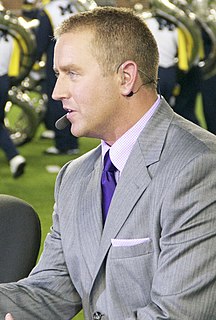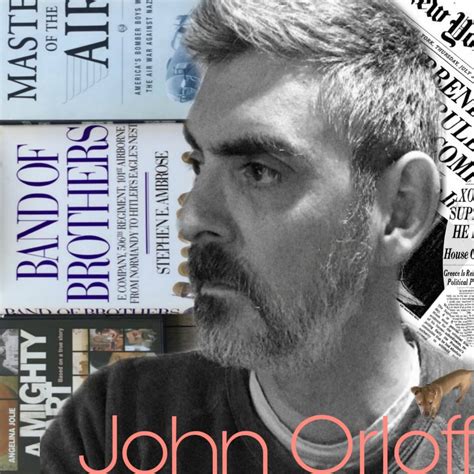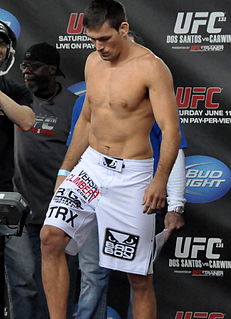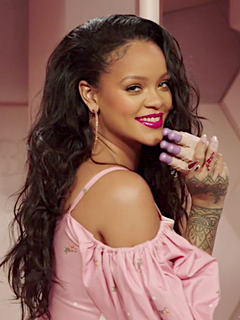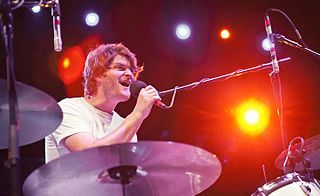A Quote by Min Jin Lee
For me, writing a historical novel was really hard. I love history as a subject and majored in it in college. I think, in a way, my training made it worse for me because I knew how important it was to focus on document-based analysis, and I really didn't want to get stuff wrong.
Related Quotes
I started going out with one of my managers and he really grew me up in a lot of ways. He introduced me not just to being a full-time traveler, which I was, but he was also really very interested in history and art and continued to open my eyes up to regional history; less splashy histories. He was interested in historical societies and stuff like that. He introduced me to a way of looking at the way communities form that is the foundation for the book that I've just finished writing that has to do with what I see as effective community-building wherever I've been traveling.
Many times - especially when I'm playing an historical character - I want to be really on target with how I create that character and really nuanced with who that human being might be. But I don't want to lose the likeness of me or the depth of my own personality. So meditation and my spirituality has helped me to realize that, yes, I want to get out of the way but I also want the ability to hold on to what the audience likes of what they see of me.
I get really worried, like if they say, 'Take vocal lessons,' or something because it's kind of like I used to really love to draw when I was a kid and then I took like an art class - because everyone said, 'Oh, you're so good, you should take a class and maybe you can be really good,' and then I went to the class and then they showed me how to use a ruler and perspective and all this stuff and it totally made me not want to do it at all.
If my choice is to, I don’t know, be with a lot of men, or if I enjoy a really physical relationship, I don’t think that’s necessarily being anti-feminist. For me the argument of feminism never really should have come into the picture. Because I don’t know too much about the history of feminism, and so I’m not really a relevant person to bring into the conversation. Everything I was writing was so autobiographical, it could really only be a personal analysis.
The field of the novel is very rich. If you're a composer, you're well aware of the history of composition, and you are trying to make your music part of that history. You're not ahistorical. In the same way, I think, if you write now, you are writing in the historical context of what the novel has been and what possibilities it has revealed.
And writing comedy and it really taught me how to kind of like craft jokes, it sounds like weird but really focus on crafting jokes and trying to make the writing really sharp. At the same time I did improv comedy in college, and that helped with understanding the performance aspect of comedy, you know, because it's different when you improv something vs. when you write it and they're both kind of part of my process now.

